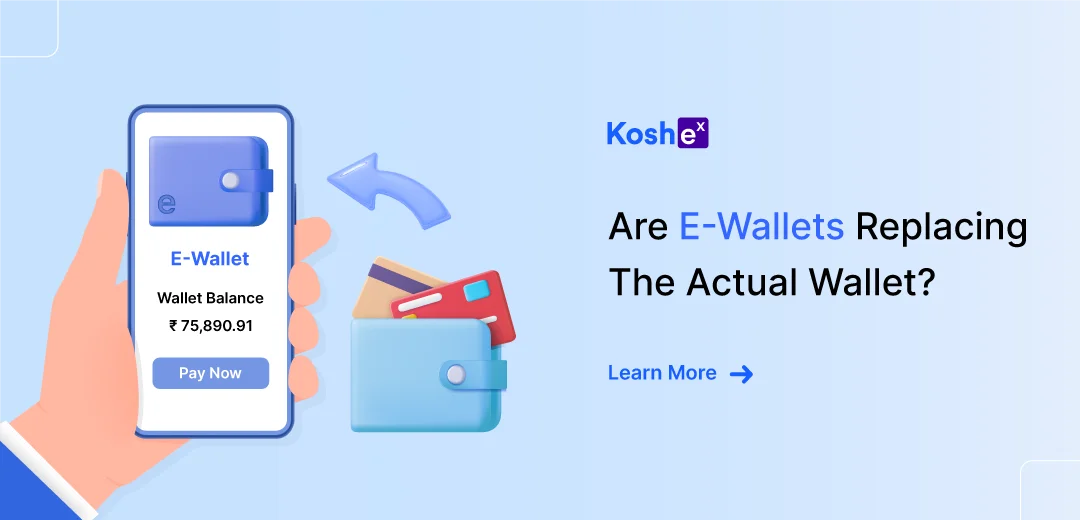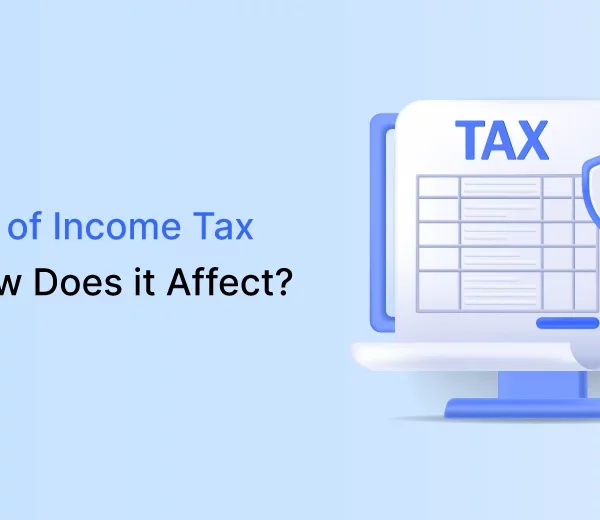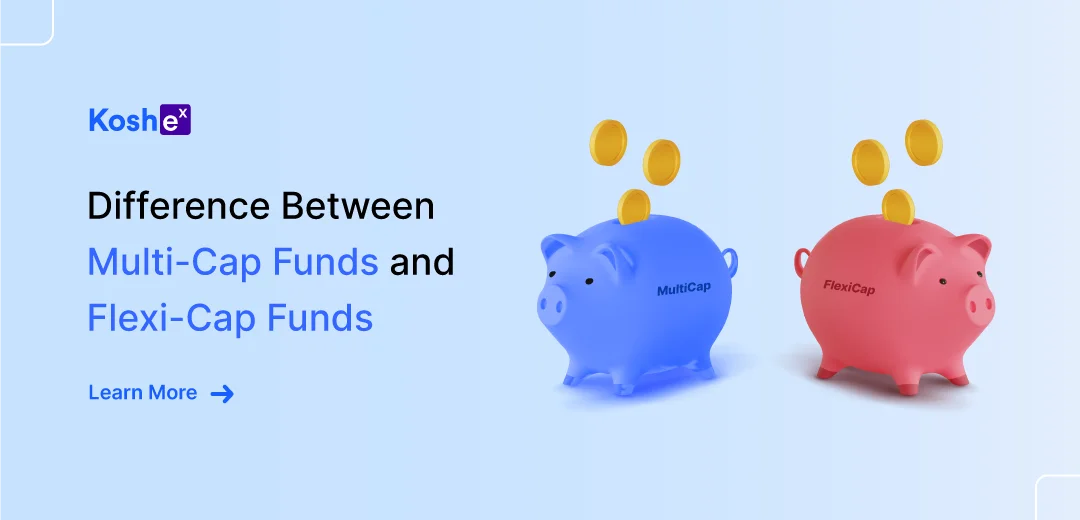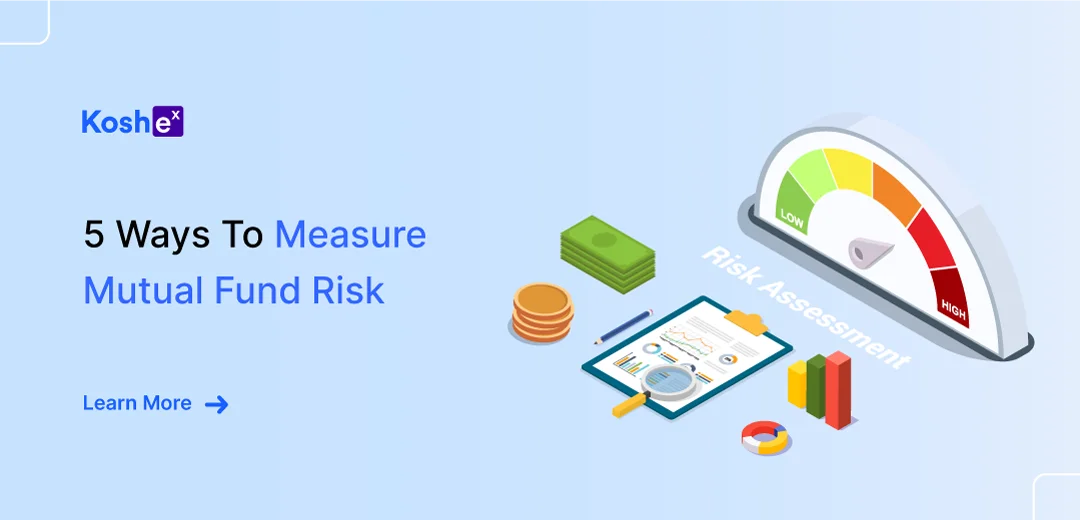Digital wallets are convenient and easy to access, and you can take them literally anywhere without the added weight.
Imagine that you can carry your multiple cards in just your phone, without worrying about their safety when you use them.
In this article, we will explore what digital wallets are, how they work, and how they can help you.
The Rise Of E-Wallets
Indians have been making more and more digital payments these days. The pandemic has pushed more people to ditch cash and opt for digital payments.
According to Worldline India’s ‘Digital Payments Report’, cited by IANS, and written by The Economic Times, India recorded 23.06 billion digital transactions worth ₹38.3 lakh in the third quarter of FY23.
According to the ‘2022 Global Payments Report’ by fintech firm FIS, digital wallets are projected to overtake cash as India’s leading point-of-sale payment method by 2023.
The report added that digital wallets account for nearly half the e-commerce payment methods in 2021.
Looks like the future is digital and if you want to know more about digital wallets, continue reading!
What Are E-Wallets?
An e-wallet or a digital wallet refers to software, an electronic device, or an online service that enables individuals or businesses to make transactions electronically.
It stores the payment information of users, like the digital versions of your credit and debit cards, so that you can make payments on different websites.
For example, Apple Pay, Samsung Pay, and Google Pay.
In order to help protect the users’ security, their card number and personal information are not stored. Apart from being extremely convenient to use, digital wallets, in certain cases, are also safer than traditional wallets.
How Does An E-Wallet Work?
An e-wallet uses software to link your payment details from your connected bank account to the vendor that the transaction is being made. Different apps allow different types of access.
For example, open wallets, which are accepted at most retailers, enable online purchases, contactless in-store payments, and cash backs.
Some might even allow withdrawals at select ATMs. On the other hand, semi-closed and closed wallets allow certain transactions with a set group of retailers, or only with the retailer that issued the wallet.
What Are The Benefits Of E-Wallets?
There are several benefits to using digital wallets. Here are some of the major benefits of how digital wallets can make your life easier.
- Convenience
One of the biggest reasons people use digital wallets is convenience. Whether you shop online, in-store, or in an app, your digital wallet stores your information for easy checkout.
Most digital wallets also allow you to transfer and request money from money, making it easier to split bills with your friends.
- More Security
E-wallets use one of the most secure payment methods available and that is tokenization. Your information is encoded and each transaction you make using your digital wallet creates a unique, one-time code, lowering security risks.
When making a purchase, authorization can be required in the digital wallet’s settings, requiring a unique passcode, Touch ID, or Face ID to make a purchase. This makes it much more secure than using cash.
- Saves Time
You can make your payments through the e-wallet by just holding your phone over the payment terminal and verifying the purchase.
Because of this, most transactions can be completed in just a few seconds. Digital wallets make checkout stress-free and contactless.
- Rewards For Purchases
Since your cards are fully linked to your account, all your reward points are still earned with every purchase. Some cards allow users to earn points when they swipe cards in restaurants, supermarkets, movie theatres, and so on.
Digital wallets can even help you gain store-specific rewards through other mobile apps when using your e-wallet to pay.
- Reduce Fraud
The data stored in mobile wallets are encrypted. This means your actual card account numbers are not transmitted while making a payment. E-wallets use random payment codes that cannot be used again and often depend on certain security features, like biometrics, and Face ID to authorize a payment.
On top of that, your transactions are covered by the same security and privacy protections as your physical cards.
Is A Complete Transition To E-Wallets Possible?
The popularity of digital wa llets has been on the rise. When you look at the data we mentioned at the beginning of the article, you can see how digital payments will continue to rise and how digital wallets will overtake cash in the future.
Having said that, some people still like to use cash for their payments.
Yes, we did say that digital payments are on the rise. However, cash circulation is also increasing. As of October 21, 2022, the currency in circulation has risen to a new high of ₹30.89 lakh crore.
This shows that cash still remains the preferred choice of payment for Indians. Compared with the pre-demonetization period, cash circulation has jumped by a massive 72% from ₹17 lakh crore on November 4, 2016.
What are we observing here? Digital payments are on the rise and are expected to exceed cash payments soon but cash circulation is also increasing.
There could be a couple of reasons why people still prefer to use cash despite digital payments being the most convenient and secure.
It might be difficult for senior citizens to learn about technology and how e-wallets work. When they transact with cash, they know how much they are spending because everything is being handled physically.
Another reason could be that people living in rural areas might be still using cash due to a lack of access to recent technologies.
Villages and small towns might not have enough resources to offer multiple payment methods while some might hesitate to pay via those new-age methods due to worries about security and a lack of knowledge about digital wallets.
In The End…
E-wallets are easy to use, safe, and help you monitor your payments, as well as, spending habits. However, a complete transition to e-wallets or any other digital payment method might take a few years in our country.
Having said that, we are also glad to say that the usage of digital wallets will continue to rise in India. Since digitalization is spreading across India, thanks to the efforts of the Government of India, we could expect more and more villages to adopt digital payment methods very soon.
We hope this article was fun to read and we hope you learned something new today. If you wish to read more personal finance topics such as budgeting, improving your financial skills, and managing your money effectively, please head over to our Blogs section. We also have blogs on different investment instruments, including Mutual Funds, Smart Deposits, Digital Gold, Fixed Deposits, and so on.
If you wish to enter the digital era of investing and money management, please create a free account with Koshex to build your net worth, save smartly, and invest in personalized recommendations.
We are helping millions of Indian investors every day to become better at managing their money and securing their financial future.
Join our growing community of smart wealth creators by creating an account with Koshex today.









Leave a Comment